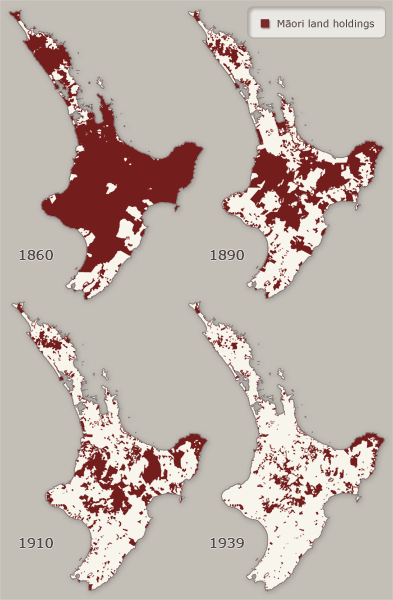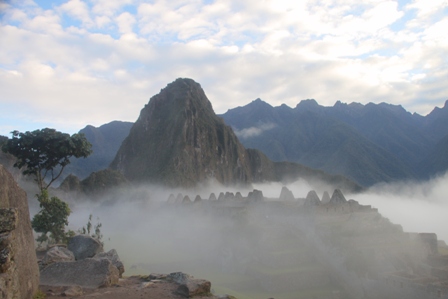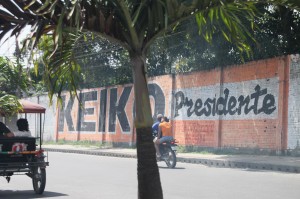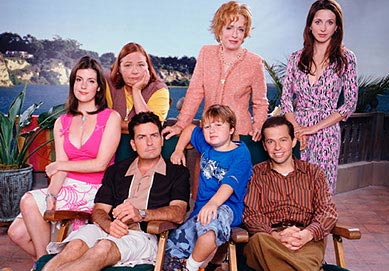Today is Emancipation Day, not just in the Bahamas, but all across the former British empire. 176 years ago – in 1834 – my nation, Britain, finally abolished slavery. The Bahamas as a nation, however, is only five years older than me… not until 1973 did the Bahamas became independent from Britain – they celebrated the birthday the weekend I arrived.
This island and its family islands of the Commonwealth of the Bahamas share alot of history in common with the Caribbean as whole; the region was home to several million peaceful native Americans, who were almost completely wiped out by the Spanish and then by the English, through slavery, outright murder and disease. Both countries then imported black slaves stolen from Africa, depopulating some areas by between 60 and 90 per cent. For a time in the 17th century the Bahamas was administered from the Carolinas, and from 1718 directly by the British. These are young cultures, with their populations all from somewhere else – most of them moved here by force.
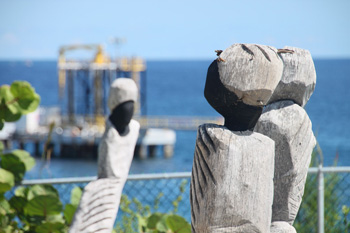 One of the most moving things I’ve experienced on the island so far is an artwork “Sacred Space” by Bahamian artist Antonious Roberts; figures of slave women carved out of casuarina trees, still rooted in the ground; they look out over the ocean, towards Africa. Even more moving, a few yards away are the “Pirate Steps”, more accurately called the Slave Steps because up them from about 1785 onwards were marched thousands of African slaves who were brought here to work for the ruling white people on the island. At the bottom of the steps I found a young white American couple from the South, larking about and taking photos of eachother on the rocks, unaware or uncaring of how their predecessors had driven thousands of other human beings across those rocks like cattle. A few yards further along, the same harbour that berthed the slave ships now accommodates Esso oil and gas tankers.
One of the most moving things I’ve experienced on the island so far is an artwork “Sacred Space” by Bahamian artist Antonious Roberts; figures of slave women carved out of casuarina trees, still rooted in the ground; they look out over the ocean, towards Africa. Even more moving, a few yards away are the “Pirate Steps”, more accurately called the Slave Steps because up them from about 1785 onwards were marched thousands of African slaves who were brought here to work for the ruling white people on the island. At the bottom of the steps I found a young white American couple from the South, larking about and taking photos of eachother on the rocks, unaware or uncaring of how their predecessors had driven thousands of other human beings across those rocks like cattle. A few yards further along, the same harbour that berthed the slave ships now accommodates Esso oil and gas tankers.
So most people in these countries like the Bahamas have been the working class, working for someone else’s benefit, for not just decades but centuries. Since I’ve been here I’ve met black Bahamians who are film-makers, business people, university staff and professors, poets and authors. People who are well-travelled, highly intelligent, thoughtful, conscientious and considerate. But black society in Continue Reading »
